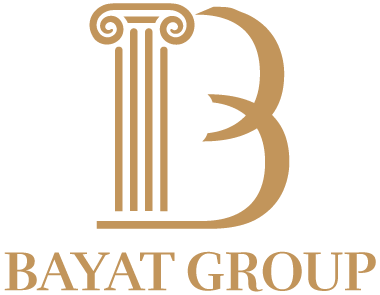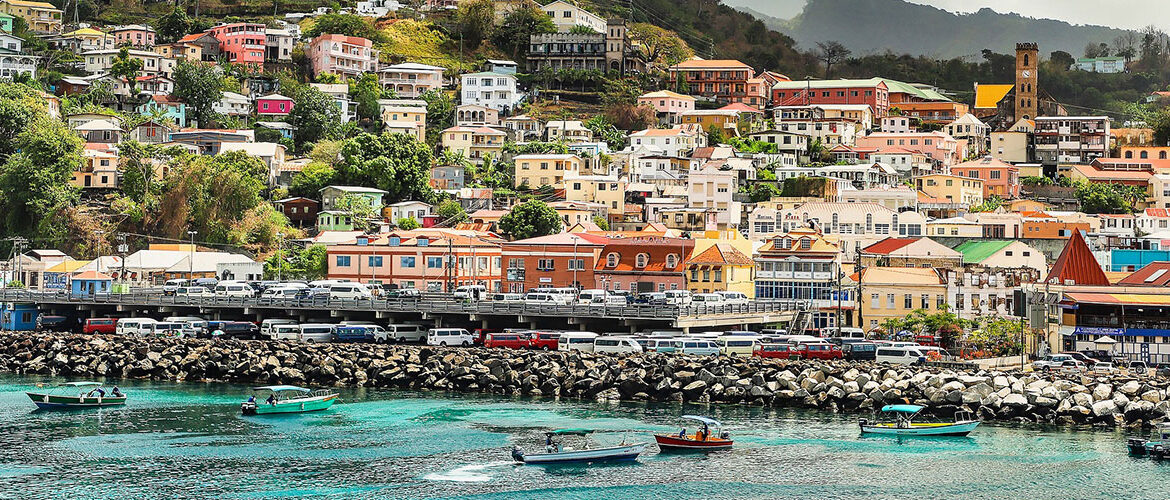Sometimes many successful people, especially from Asia, the Middle East or Africa find it a little bit difficult to obtain a visa for western states – it takes time, money and a lot of paperwork. Sometimes risks of political turmoil or social unrest in the homeland are too high and the need of future insurance is very acute – people want to secure stable future for them and their families and that is when, as Dubai based business immigration firm Bayat Legal Services says the citizenship by investment is a solution.
The pioneer of the current form of citizenship by investment (CBI) is a small twin-island federation of St. Kitts and Nevis. This Caribbean nation of around 55,000 people got its political independence from the United Kingdom in 1983 and just next year in 1984 it launched Citizenship by Investment Program (CIP) in order to attract much needed foreign investments. Soon, in 1993 the Commonwealth of Dominica started the same practice – granting citizenship to those foreign investors, who made investments either in government bonds or in the real estate sector. Now three more states in the same neighborhood, Antigua and Barbuda, St. Lucia and Grenada, have active citizenship by investment programs.
Passport holders of these Caribbean states can visa-free travel to up to 150 states of the world, including the Schengen Area and the United Kingdom. There is such kind of programs in Europe as well, like Malta’s Individual Investor Program and Cyprus’ Investment programme, but investment thresholds there are much higher than in the Caribbean. Compare requirement of 2 million Euros in Cyprus to the USD 100,000 in Dominica.
According to the CBI Index, developed by Financial Times’ Professional Wealth Management (PWM) magazine the Commonwealth of Dominica is considered to have the best citizenship by investment program. Its passport allows a visa-free travel to more than 127 states and territories, including the EU, the United Kingdom, China, and Russia. Applicants who want to apply to the program have to invest either USD100,000 or more in bonds or buy a real estate of minimum USD200,000 worth. But investors should be aware that the property can not be sold for three years.
But frequently people prefer to invest and buy shares in big hotels and resorts projects approved by the government, enabling them to qualify for the citizenship by investment program.
But if an investor has a big family and wants second passports for the family members as well (spouse and two children), then making an investment in Antigua and Barbuda and obtaining its passport will cost the applicant USD 100,000 investments, plus due diligence, processing, and other relatively minor fees.
St. Kitts and Nevis have a little bit higher minimum investment layouts: an investor should directly donate either USD 150,000 into the fund established by the government or invest at least USD 200,000 in the country’s real estate sector. The passport of St. Kitts and Nevis grants its holder a visa-free travel opportunity to up to 150 countries and territories.
In St. Lucia the minimum required donation to the special governmental fund sums to USD 100,000 and a minimum threshold of investments into the real estate is USD 300,000 in order an investor to qualify for the citizenship by investment program. The investments should be kept for at least 5 years. St. Kitts and Nevis’ passport holders enjoy visa-free travel to more than 140 countries and territories.
The most expensive program in the Caribbean operated by Grenada. An investor has to donate either USD 150,000 to governmental fund or buy an immovable property for at least USD 350,000 in order to be eligible for citizenship by investment program. The property can not be sold for at least three years. Grenada’s program has one very important advantage, as its passport will be very useful for those who intend to do business in the United States: Grenada has a special visa treaty with the United States and its citizens can apply for the United States investor visa type E-2, which is the first step for setting up a business in the United States. The main applicant for Grenada’s CIP can include in the application not only spouses, children and parents, but also sisters and brothers and grandparents as well.
Bayat Legal Services is providing not only free consultations to the prospects but also suggests its customers the best option for the second citizenship or residency. The company’s staff will prepare all the documentation and will deliver them to the governmental agencies of the selected country. They can also assist customers in the selection of the real estate property and making prepayments for the desired program.
All countries in the Caribbean require from the applicant to follow the conditions of the citizenship by investment program. Applicants are subject to the strict due diligence and vetting, as they are required to have a clean criminal record, a good character and a good health, which should be proved by the appropriate documentation. The professional experts from Bayat Legal Services will assist and give a legal advice to its customers, interested in obtaining second citizenship, to gather all necessary documentation and prepare the application.
It takes nearly month and a half to two months period to perform all the due diligence and vetting of the application. As soon, as the preliminary approval received from the government, the applicant can make the basic investment and only after that, within the period of one or two months the investor gets a new citizenship and passport. In general, the process lasts from two to four months after the application is submitted. The fastest route is in Dominica, as the investor can acquire its passport in a two-three months period of time and the applicant does not need to travel to the island.

